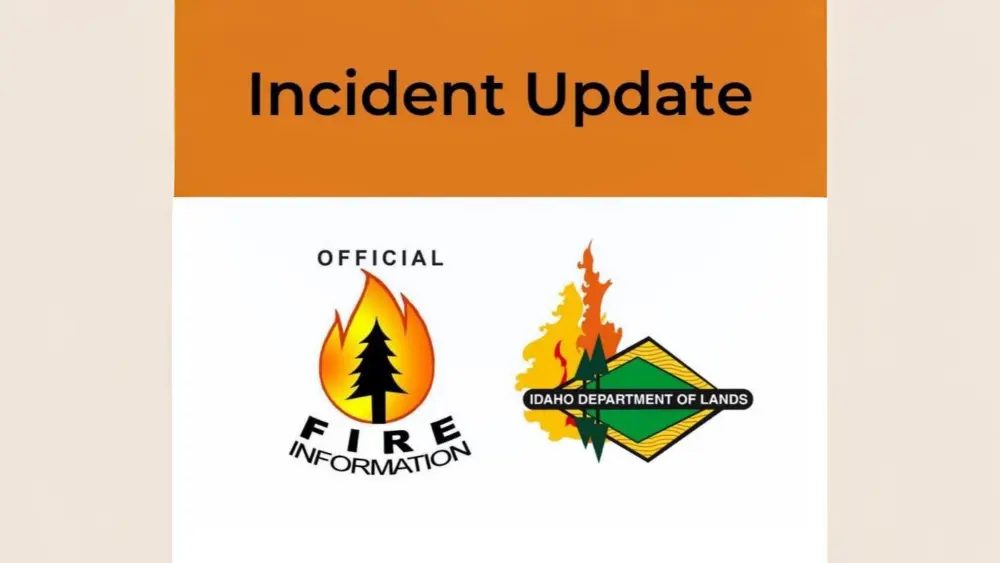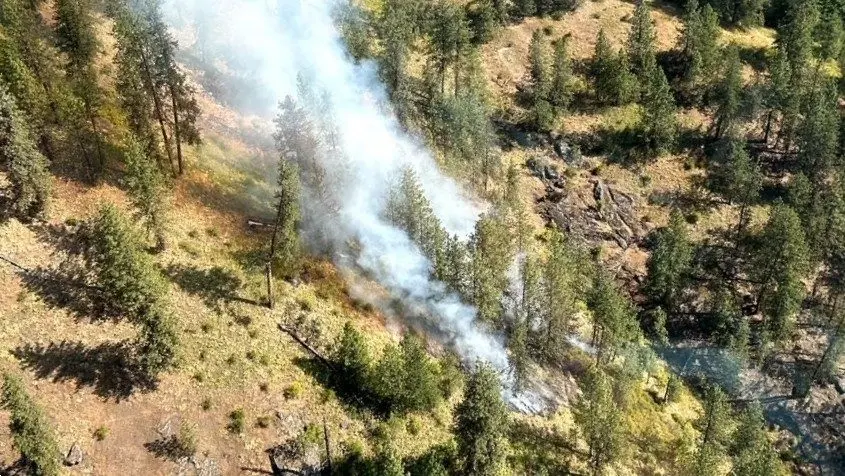(The Center Square) – Less than two weeks after state wildlife managers suspended lethal removal of wolves due to mistakes made on a recent hunt, another pack has reached the depredation limit to trigger action.
The Leadpoint Pack that claims territory in northern Stevens and Pend Oreille counties has killed three cows and calves, and injured two more since Aug. 22, according to a new report by the Washington Department of Fish and Wildlife.
Staci Lehman, spokesperson for the agency, said the WDFW team is putting together a recommendation about how to address the situation. She said that plan will be delivered to Director Kelly Susewind within the next day or two.
“Then it just depends on how long it takes him to review and make a decision,” she said in an email Wednesday to The Center Square.
WDFW’s wolf removal policy allows a hunt of pack members that kill or injure livestock three times within 30 days or four times within 10 months. The rancher must show that non-lethal measures failed to work before a wolf can be euthanized.
“How long are they going to be thinking about this?” asks Scott Nielsen, president of the Stevens County Cattlemen’s Association and a board member of Washington Cattle Producers.
“The state’s wolf management plan was adopted 10 years ago, and we are still having problems trying to get WDFW to follow its own guidelines on lethal removal. It’s time for a new process, one that works better to protect the interests of ranchers who are trying to produce food.”
Susewind suspended lethal removal operations after the failed hunt of a Smackout pack member on Sept. 1. The pack had initiated five attacks within 30 days on private and public lands in Stevens and Pend Oreille counties.
Seven days later, WDFW reported that a wolf pup had been mistakenly killed instead of an adult, and the animal was likely a member of the Dirty Shirt Pack, which was also in the area.
Jeff Flood, wildlife conflict specialist for Stevens and Ferry counties, said the juvenile male killed in the WDFW hunt was black in color and there are no known black furred wolves in the Smackout Pack. He also said the pup was chased and killed in Dirty Shirt territory.
Nielsen said the question needs to be asked if WDFW’s failures in the last hunt were intended to “sabotage” the lethal removal program opposed by Gov. Jay Inslee and many who work for the agency.
“You hate to think there is an ulterior motivation, but this is a professional agency so mistakes of that level don’t really make sense,” he said. “There is a lot of political motivation to not address this problem so we need to question what is happening here.”
Nielsen said having the Leadpoint Pack back to killing and injuring cattle is just the latest example of problems that threaten the viability of small ranches.
He said WDFW wants to pay the lowest possible market prices for cows and calves that are killed or devalued by severe injuries. Although that is already a problem, the situation involving fair compensation is more complex, he said.
Although the market value of a cow might be $2,000 to $3,000, she would have been bred to produce other calves in the future, so the loss of revenue is actually much higher, he said.
Flood said the rancher also loses revenue when cows arevtraumatized by an attack become infertile or miscarry. The entire herd can also drop weight from stress, which lowers their market value.
If the herd has to be relocated from public grazing lands for protection, Flood said the rancher often has to pay for hay to supplement whatever forage might be found in his or her private pastures.
“There’s a lot more to this than just the direct losses from the attack,” he said.
WDFW released a report Sept. 20 about the latest developments involving the Leadpoint pack, with all attacks taking place in Stevens County.
On Sept. 1, a range rider in a private pasture reported a newly dead calf that showed lacerations and punctures in the right groin and hindquarters. WDFW staff confirmed a wolf kill that was attributed to the Leadpoint pack.
A little more than two weeks later, a dead cow was found by a range rider in another private pasture. The cow had been killed less than 24 hours prior to discovery and the death was tied to Leadpoint activity in the area
WDFW was called to investigate two calf injuries in a private pasture in Stevens County on Sept. 19. The animals had a combination of open puncture wounds, lacerations and hemorrhaging consistent with wolf attacks. The wounds of one calf were estimated at 72 hours or less from the time of discovery, and the other at 24-48 hours.
According to WDFW, the affected rancher had utilized two ranger riders provided by Cattle Producers. Efforts had been made to remove trees and brush on the land in an area where wolves were known to cross, and other non-lethal deterrent measures had been deployed.




